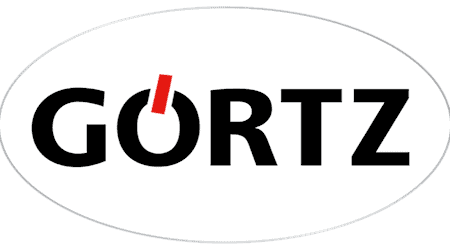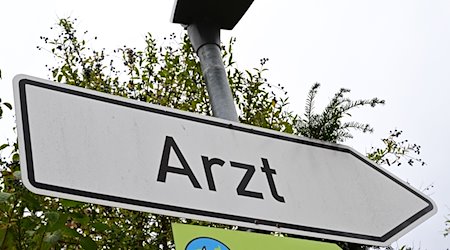The call for less bureaucracy is getting louder and louder - especially in order to speed up processes and remove unnecessary hurdles. But what is often overlooked: Bureaucracy also safeguards standards that affect our daily lives. Whether in consumer protection, social rights or environmental protection - less bureaucracy also means less control and more personal responsibility. Are we as a society prepared to accept these cutbacks and accept less certainty?
Reducing bureaucracy is often seen as a way to achieve greater efficiency and simplicity, but this inevitably goes hand in hand with the dismantling of established standards. In Germany, we have spent decades building up bureaucratic structures that not only regulate processes, but also guarantee quality and safety. These standards are justified and offer citizens protection - be it in terms of employment contracts, product safety or environmental protection requirements.
Reducing bureaucracy therefore means that people have to be prepared to make concessions in certain areas. Relaxing regulations can lead to faster processing, but can also mean that certain standards are no longer maintained in their current form. This applies to consumer protection, labor law and construction law, for example. Here, a relaxation could bring economic advantages, but possibly also disadvantages for employees, tenants or consumers.
Effects on consumer protection
One example is consumer protection: bureaucratic regulations ensure that products meet certain safety standards before they are placed on the market. If this inspection process is simplified, inferior or unsafe products could be available more quickly. Consumers would have to rely on fewer government controls and take more responsibility for deciding what risks they want to take.
Social standards
Simplified bureaucracy could also lead to changes in the area of social standards. Legal regulations relating to employee protection, protection against dismissal and fair working hours are deeply rooted in bureaucracy. A reduction could increase flexibility for companies, but at the expense of employee rights. This raises the question: how much flexibility is desired and how much protection do we want to give up as a society?
Environmental protection and sustainability
Another area concerns environmental protection. In recent years, Germany has introduced high bureaucratic hurdles for companies and construction projects to comply with strict environmental standards. If these regulations were dismantled, this could accelerate the expansion of infrastructure projects, but at the same time have a negative impact on the environment. Here, trade-offs need to be made between the desire for less bureaucracy and maintaining sustainable standards.
The cultural factor
One key aspect that is often neglected in the discussion about reducing bureaucracy is the German mentality. In Germany, there is a strong culture of rule-following and a high appreciation for clear, reliable structures. Processes are expected to run correctly and results are expected to be verifiable. A radical reduction in bureaucracy would therefore require not only structural but also cultural changes. People would have to learn to deal with more uncertainties and assume personal responsibility instead of relying on the state.
Conclusion: cutbacks or new opportunities?
In the end, society is faced with a decision: Do we want more flexibility and less bureaucracy, even if this means that standards are lowered and we as citizens have to take on more personal responsibility? Or are we prepared to accept bureaucracy as a necessary evil in order to maintain the high safety, environmental and social standards that characterize our country?
Reducing bureaucracy offers many opportunities, but it also requires a change in thinking - both among companies and citizens. Whether the population is prepared to accept these cutbacks and in which areas is a question that should be examined more closely in the public debate.










